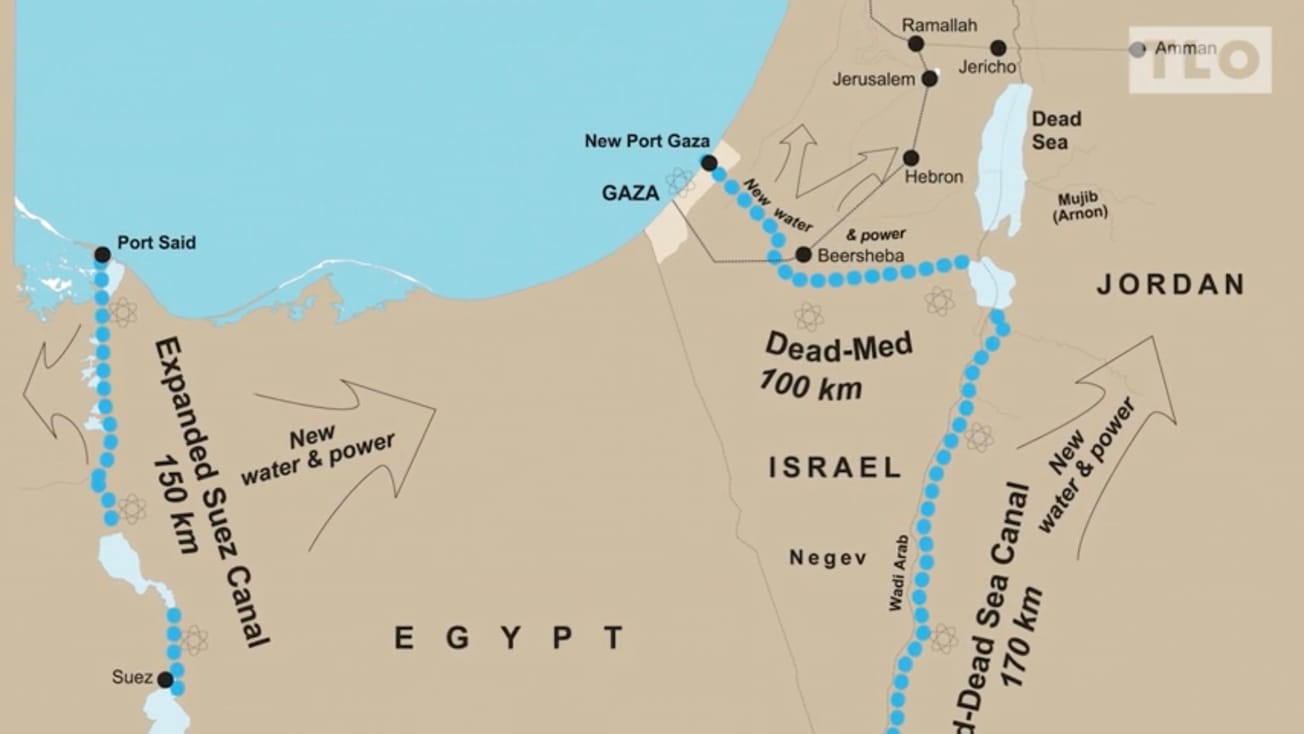The eyes of the world are once again riveted on the International Court of Justice in The Hague, and the “Urgent Request for Additional Measures” that the South Africa government filed on Feb. 12 to stop the imminent genocide in Rafah. It is a demand that the ICJ act immediately, without need of further hearings or argument, to order Israel to not carry out its announced full ground assault on the desperate and destitute 1.4 million Palestinians in Rafah, at least half of whom are children.
“They are at serious risk of irreparable harm to their right to be protected from acts of genocide contrary to Articles II and II of the Genocide Convention, by a State which has already been found by this Court to be acting in plausible breach of its obligations under that Convention,” the South African Urgent Request reminds the ICJ judges—and the world.
South Africa acted with urgency on Feb. 12, even though a full debate on the ICJ’s Jan. 26 Order against Israeli genocide in Gaza is scheduled to be held from Feb. 19-26, with over 50 countries scheduled to participate with Oral Pleadings. A week was too long to wait, with the lives of 1.4 million Palestinians hanging in the balance, with Israeli Prime Minister Benjamin Netanyahu threatening repeatedly “We’re going to do it… we’re going to do it.” A week is too long to wait to redeem humanity’s honor by stopping this bestiality.
The coming days and weeks will be decisive. Although no precise timetable can be known, it is likely that the ICJ will again act in the next few days and order Israel to stop any actions that could lead to genocide. Although the ICJ’s orders are binding, the Court lacks an enforcement mechanism, and the matter will then likely go to the UN Security Council in order to be enforced. But left to its own devices, the United States and the United Kingdom will once again veto any UN Security Council resolution designed to rein in Israel, unless sufficient mass pressure—both nationally and internationally—can be mustered to force the U.S. and U.K. to drop their criminal vetoes.
Failing that, the Gaza genocide matter will once again go before the UN General Assembly later in the week, and the world will then be witness to the urgent battle to stop the carnage, both at the UNGA and at the hearings before the ICJ.
There is little doubt that the vast majority of the world’s nations—let alone the world’s people—will vote to stop Israel’s U.S.-backed genocide in Gaza. But the critical element of the whole matter remains for those nations, and all nations, to devise, discuss and deliberate over a positive programmatic alternative for the entire Southwest Asia region, Palestine and Israel alike, and in fact for the whole world. That concept of a lasting peace, based on development, is the critical element of hope that is required.
Precisely such a policy alternative is presented in The LaRouche Organization’s new 14-minute video on the LaRouche Oasis Plan, which is now circulating internationally in Spanish, German, Italian, French, Danish, Arabic and other language versions—as well as the original English.
Helga Zepp-LaRouche today emphasized that this is not a timeless battle. “Everything is coming to a head—both the danger of genocide, and the determination to stop it,” she stated. “The Sword of Damocles, that there will be a real massive intervention in Rafah, is hanging over the world’s fate.” Zepp-LaRouche explained that the best thing to do under the circumstances is to “reactivate the proposal of Lyndon LaRouche, which he made already in 1975, namely that the only way you can bring peace to the Southwest Asian region is by having massive economic development.”
For that reason, she urged the broadest possible circulation of the Oasis Plan video over the days and weeks ahead. It is the best way to make this crisis a turning point towards the creation of a new international security and development architecture for the entire world.





